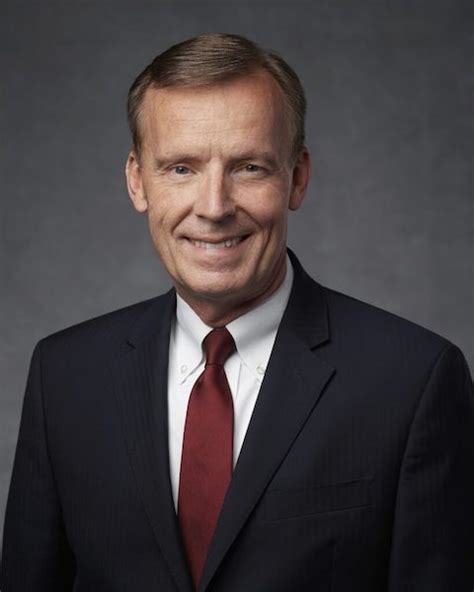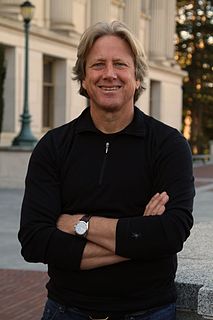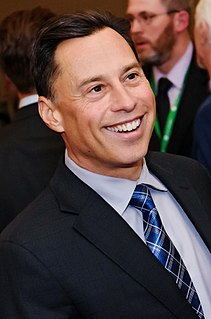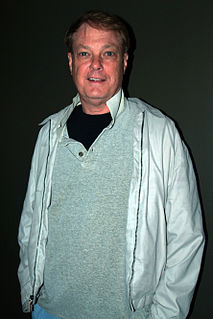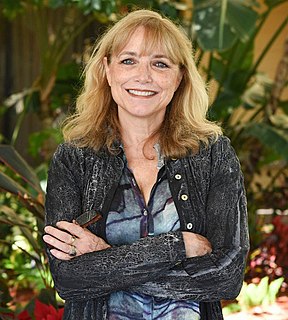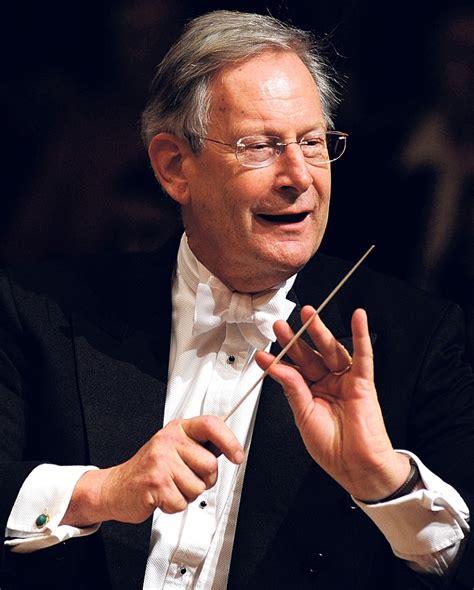A Quote by Kevin Spacey
Storytelling helps us understand each other, translate the issues of our times, and the tools of theater and film can be powerful in helping young people to develop communication/collaboration skills, let alone improving their own confidence.
Related Quotes
Collaboration is being open to each other's ideas and benefiting from each other's perspectives in an open way. Collaboration is all about rewriting and rewriting and rewriting and helping each other to constantly improve a piece. And, it's also about spurring each other on to doing really great, hard work - it's easier to do it in a collaboration than on your own.
If someone were to ask whether communications skills or meekness is most important to a marriage, I'd answer meekness, hands down. You can be a superb communicator but still never have the humility to ask, 'Is it I?' Communication skills are no substitute for Christlike attributes. As Dr. Douglas Brinley has observed, 'Without theological perspectives, secular exercises designed to improve our relationship and our communication skills (the common tools of counselors and marriage books) will never work any permanent change in one's heart: they simply develop more clever and skilled fighters!
My career was always about working with people, and understanding issues and problems and helping them to solve those issues and problems. How you deal with people - that's what diplomacy is all about. So while I'm not a career diplomat, many of the skills I had seemed to directly translate into the diplomatic arena.
The power paradox is that we gain power by advancing the welfare of other people and yet when we feel powerful, it turns us into impulsive sociopaths and we lose those very skills. If you're in the military, you gain power by forging strong ties in your comrades. And then the irony is that once we feel powerful and we are taken with our own success, we ignore the skills that got us power in the first place.
Hope is such a powerful thing. We all have hope for different things, but I think sometimes we need to share our hope with other people. We're sometimes in our own issues, and it isolates us, but when we come together and encourage each other and give a little bit of hope, it can, like it says in the song, go a long way.
In the theater, actors are the essential element of the work. In a film, it's a real collaboration - not that theater isn't, because it is - but it's a collaboration to such an extent that you can give a performance in film that sometimes you look at and you go, "Well, that's not the performance I was trying to give at all."
Genuine confidence is a way of thinking about yourself and your abilities. Confidence is your perception of your own potential; it's a kind of long-term thinking that powers you through the obstacles and tough times, helping you solve problems and putting you in the way of success. Your confidence is quite a separate matter from your social skills.
I've always wondered if people who block each other from expressing their opinions do so because they have so little confidence in their own. To me, encountering an opposing point of view is a chance to gain a deeper understanding of the issues at stake and develop my own point of view. But the first thing you've got to do is you've got to let people speak and you've got to listen. And that's what the first amendment is all about. That's what really distinguishes this country from others.
The Lord has made available in our day remarkable resources that enable you to learn about and love this work that is sparked by the Spirit of ElijahIt is no coincidence that FamilySearch and other tools have come forth at a time when young people are so familiar with a wide range of information and communication technologies. Your fingers have been trained to text and tweet to accelerate and advance the work of the Lord-not just to communicate quickly with your friends. The skills and aptitude evident among many young people today are a preparation to contribute to the work of salvation.
One of the most powerful concepts, one which is a sure cure for lack of confidence, is the thought that God is with you and helping you. This is one of the simplest teachings in religion, namely, that Almighty God will be your companion, will stand by you, help you, and see you through. No other idea is so powerful in developing self-confidence as this simple belief when practiced. To practice it simply affirm "God is with me; God is helping me; God is guiding me." Spend several minutes each day visualizing his presence. Then practice believing that affirmation.



